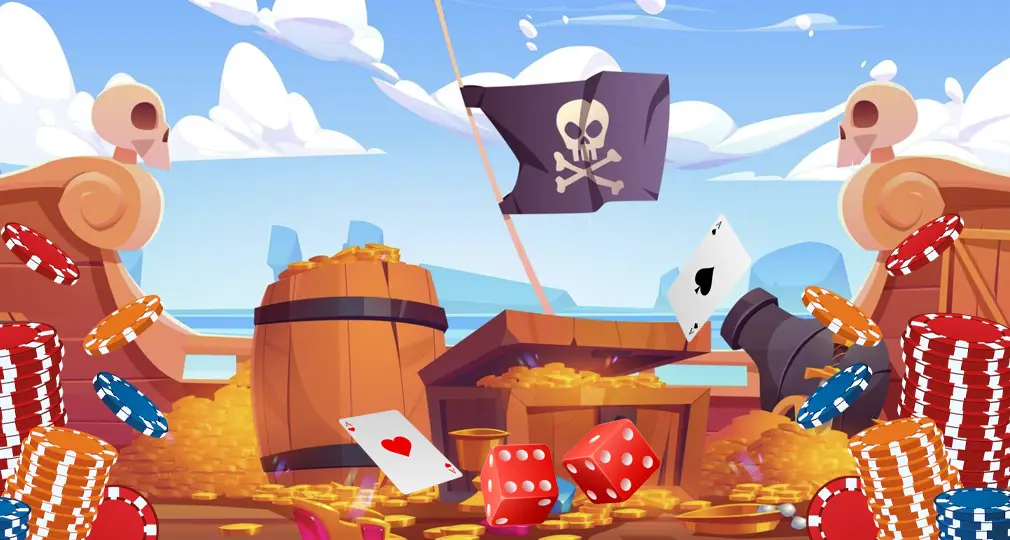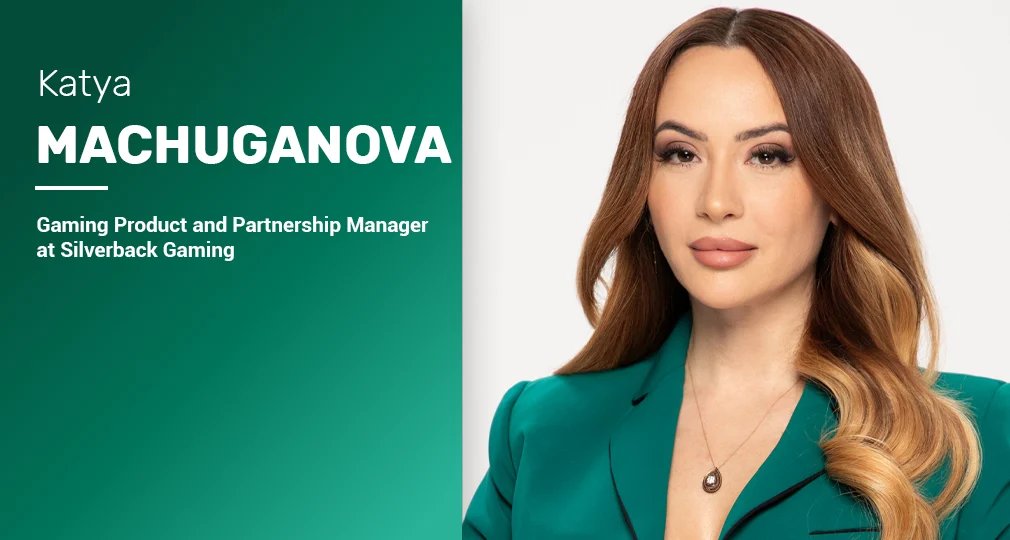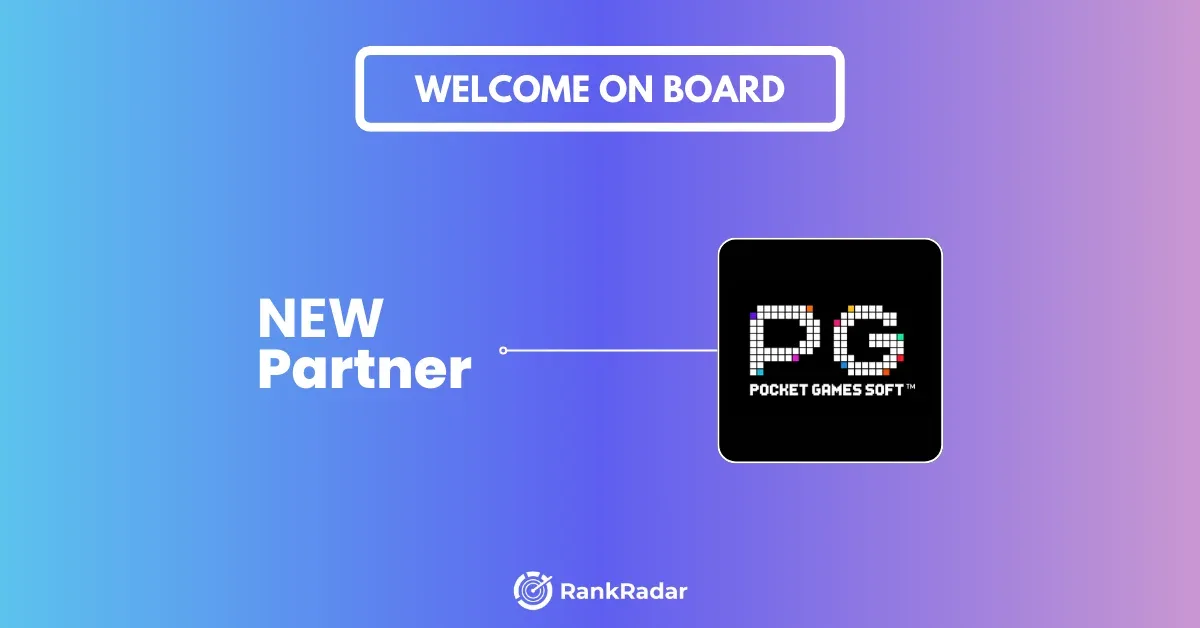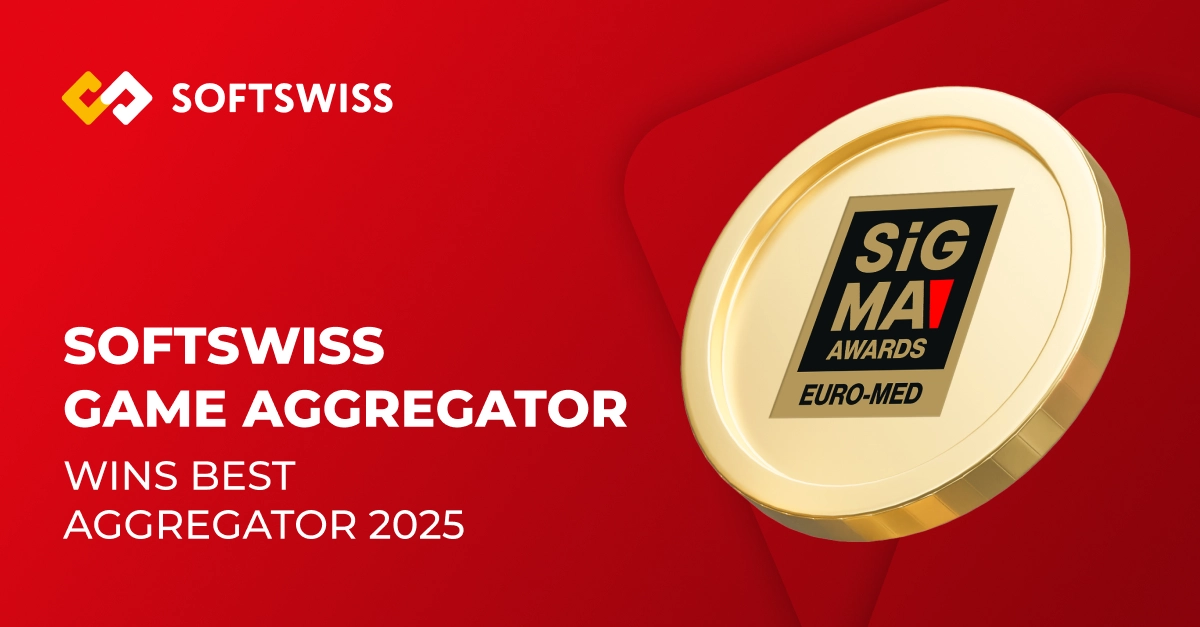Searching for the name of any legal gambling brand online often brings up numerous results that have no actual affiliation with the licensed operator. These websites may have different URLs, but visually they closely mimic legitimate platforms. Some even attempt to display fake licenses to create the illusion of legality—though often clumsily. This deceptive practice has become widespread in the online gambling world, prompting licensed operators to take active steps to combat piracy.
Impersonation and Brand Theft
Illegal websites frequently attempt to dominate search engine results by imitating trusted brands. They use sophisticated SEO tactics and hire professionals to copy brand identities—everything from logos and layouts to bonus systems and even domain names that resemble those of legitimate operators. Their goal is to mislead users into believing they are using a trusted platform.
This problem is not unique to the gambling industry. Across various sectors, smaller or unscrupulous businesses often copy the look and feel of more established competitors rather than build their own brand identity. This “shortcut” approach allows them to exploit consumer trust and redirect traffic and profits.
Ongoing Defense Strategy
For licensed operators, fighting back is a continuous effort. Many have built internal teams focused on identifying and taking down infringing websites. This includes monitoring search engines, digital advertising, and social platforms for signs of illegal clones. Technological tools are used in tandem with legal actions to block, report, and remove infringing content.
Operators note that, while piracy is a constant threat, persistent efforts often wear down illegal actors. Frequent blocking, domain takedowns, and legal notices make it increasingly difficult and costly for pirates to maintain their presence—causing many to eventually target less protected brands.
The Role of Regulatory Bodies
Regulatory agencies play a key role in addressing this issue by issuing warnings, revoking unauthorized operations, and facilitating site blocks. Some regulators also push for mandatory registration and oversight of licensed operators, ensuring transparency for consumers.
There is also growing support for digital tools that can automate the detection and blocking of illegal gambling websites. A faster, more centralized mechanism could streamline enforcement efforts, reduce legal delays, and protect consumers more effectively.
User Awareness Is Critical
In addition to legal and technical defenses, consumer education is an essential part of the strategy. Licensed operators emphasize the importance of responsible gambling, data security, and the legal protections provided by legitimate services. They often highlight:
- Licensing information clearly displayed on websites and advertising materials.
- Secure player verification, often involving government-backed ID systems or banking authentication.
- Certified games and trusted payment options that meet international standards.
- Customer support and responsible gambling tools, such as deposit limits and self-exclusion options.
- Original branding and design, which help distinguish official platforms from knockoffs.
Users are encouraged to verify whether a site is licensed by checking public databases or looking for transparent documentation. If these elements are missing, there’s a high likelihood the platform is unauthorized.
The Need for Faster Action
Despite ongoing efforts, the volume of illegal gambling websites continues to grow. To curb this, industry experts recommend the implementation of rapid-response systems that allow regulators to block domains immediately upon detection of infringement—without waiting for lengthy legal proceedings.
Another proposed solution is a publicly accessible database of known illegal brands. This could help users, advertisers, and service providers identify and block fraudulent platforms more efficiently.
Building a Safer Gambling Ecosystem
Ultimately, pirates thrive in environments where enforcement is slow and digital oversight is weak. By combining legal actions, digital tools, regulatory cooperation, and consumer education, the gambling industry can make it significantly harder for unauthorized operators to survive.
But the goal isn’t just to punish pirates—it’s to make legal gambling the easier, safer, and more attractive option for everyone. When users are well-informed and protections are in place, the appeal of illegal alternatives diminishes rapidly.
Read more: Finance affiliate programs UK











